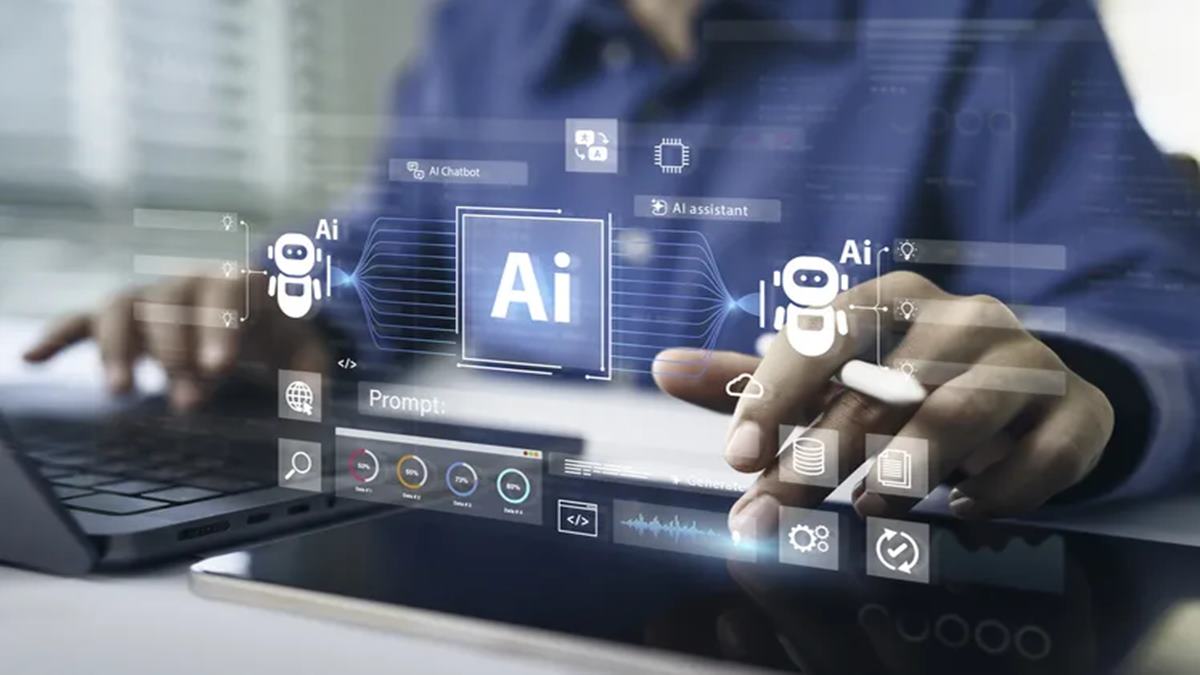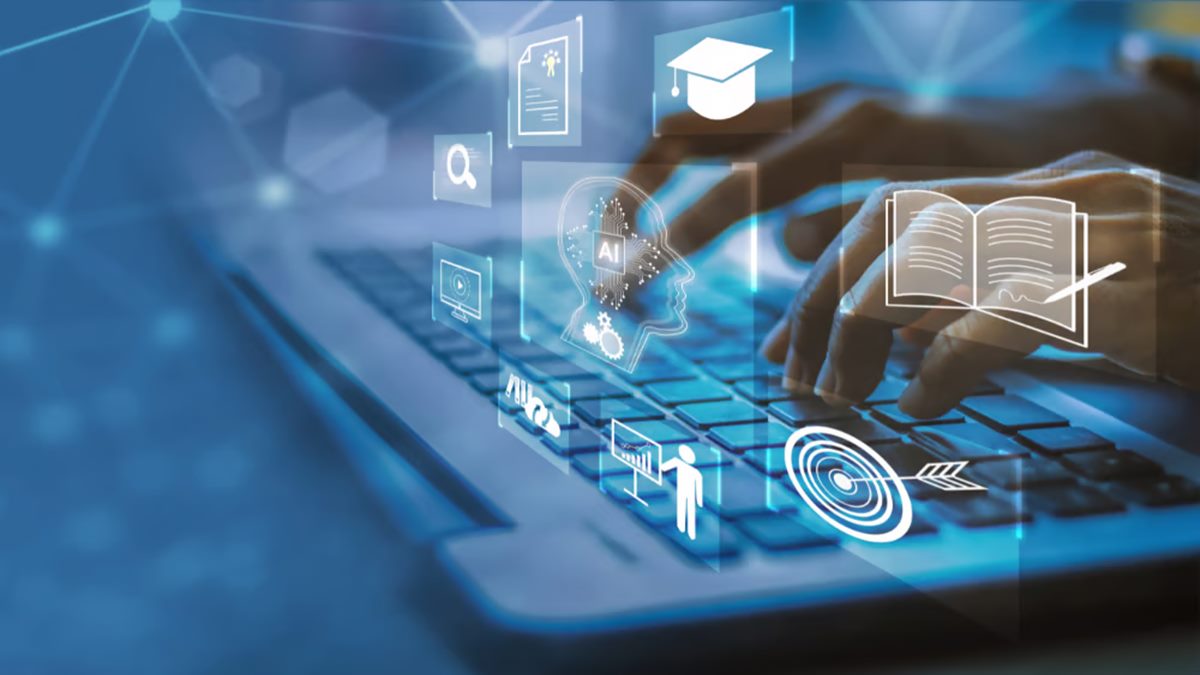Employees in the United States are turning to their HR teams for information on artificial intelligence, as they feel disconnected from their leaders during the adoption of the technology, according to a new report.
Findings from The Predictive Index (PI) revealed that employees do not feel their feedback influences AI implementation, leaving widespread uncertainty about their leadership’s involvement in the tech adoption.
“Too many employees aren’t hearing enough from executives about AI, so they’re turning to peers and HR to fill in the blanks,” said Matt Poepsel, Vice President and Godfather of Talent Optimisation at PI, in a statement.
According to the report, employees tend to trust colleagues that they know when it comes to the unknown, such as generative AI.
“So perhaps it’s no surprise employees cited HR and their immediate peers as their most trusted sources of AI information,” it added.
Opportunity for HR
This attention on HR presents an opportunity for the department to present itself as “key advisers” who can guide employees’ AI understanding and experience, according to the report.
“They can also serve as a key balancer when leadership projects confidence in AI tools they don’t even fully understand themselves, since the downstream effects among employees can include imposter syndrome, insecurity, and outright panic.”
It also presents HR with an opportunity to alter the perception of AI’s function.
“It’s no easy task, but the HR and People Operations teams that convey to their people AI is not a cultural disruptor will not just salvage culture. They’ll actually amplify its strengths,” the report read.
Trust issues with leadership
The findings come in the wake of employees’ high level of optimism about AI, with nearly half expecting the technology to have a “very positive” impact on their careers.
“What’s underlying all of this is trust, a gap that has less to do with the technology itself and more to do with a tight job market, economic uncertainty, and a strained employer-employee relationship that’s been building for years,” Poepsel said.
Among the steps that HR leaders can take is partnering with IT to set clear guidelines on AI use, safety, and compliance, according to the report.
They can also create forums where leaders and employees can access the same information, and invite open dialogue to build psychological safety at work.
Employees should also be consulted on their concerns amid AI adoption, with their input acted upon to show their feedback matters in the workplace.
“AI adoption is fundamentally a people challenge,” Poepsel stated. “Leaders who slow down, listen, and understand their people’s behavioural drives will adapt their rollout more effectively. When you know how someone processes change, you can coach them through it. That’s when adoption becomes sustainable.”




















